Do you have an inconsistent flow of water coming from your bathroom or kitchen tap?
Despite being a fairly common problem, a damaged tap is an issue that is not taken very seriously.
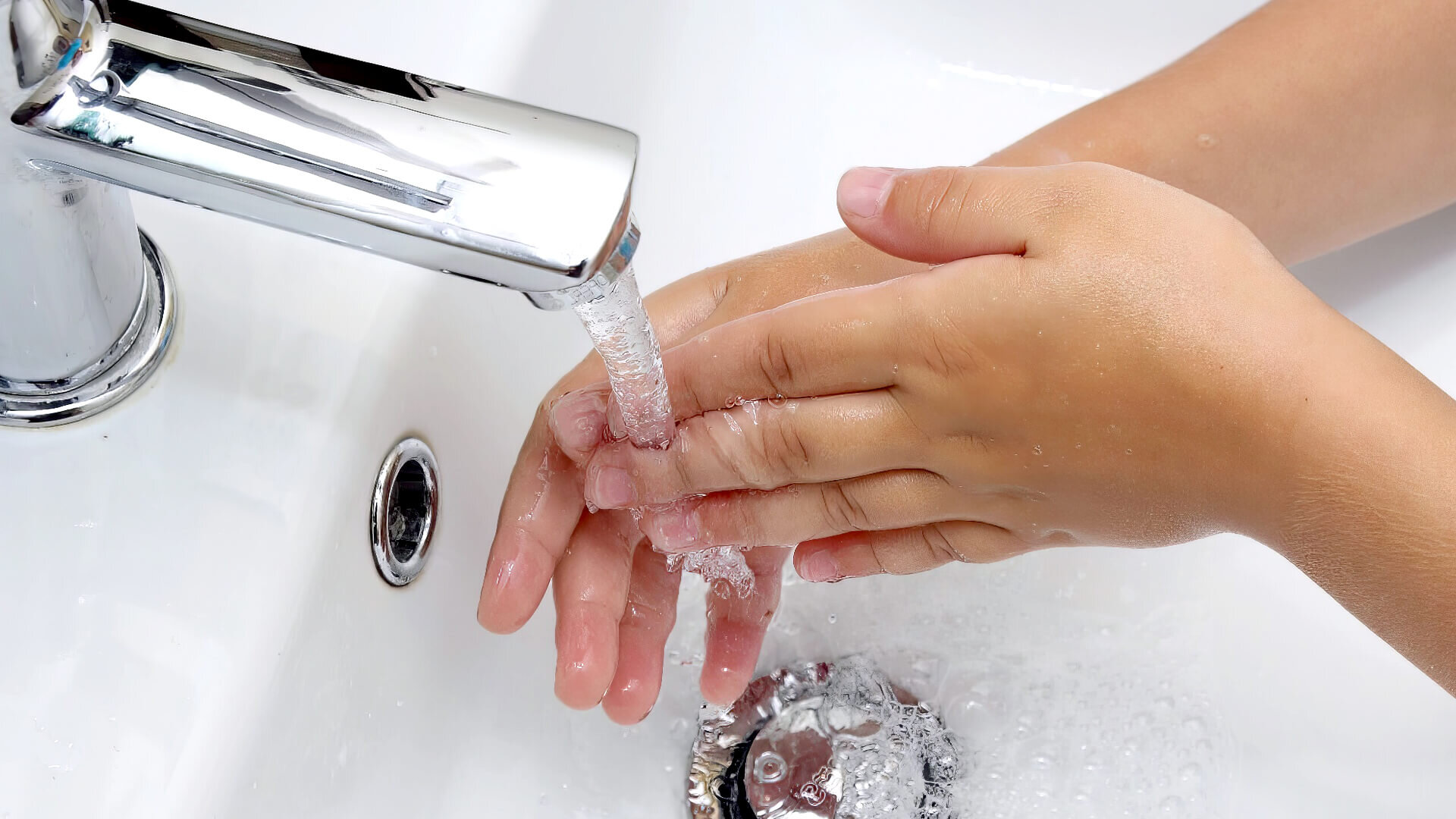
Many folks overlook this issue until it worsens. Often, it’s not until your water bills skyrocket or you face serious plumbing troubles that it becomes glaringly obvious.
Replacing a leaking tap is vital, yet many are unaware of the warning signs. That’s why we’ve put together this guide to help you spot common signs that it’s time to replace your tap.
5 Signs Your Tap Needs Replacing
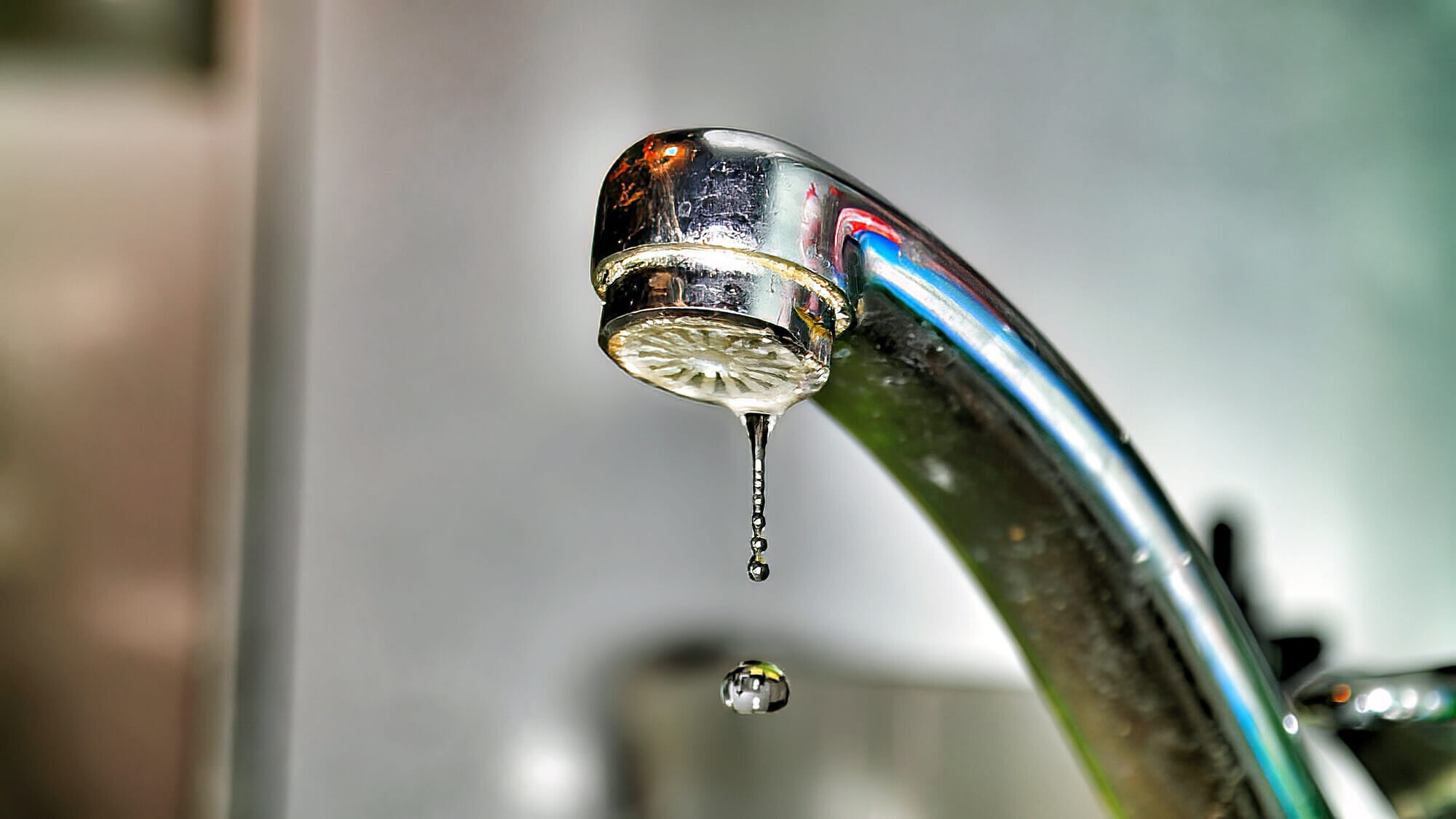
1. The Tap Drips Continuously
A constantly dripping tap is a clear sign it needs replacing. Leaks can hike up your water bills and waste water. When you try to shut it tighter, you might just be damaging the washers and the seal even more.
Most DIY solutions for this problem are temporary, so the only permanent solution is to replace the tap.
2. Reduction In Water Pressure
Low water pressure in sinks or showers can mean it’s time to replace your taps. This drop or uneven flow often results from residue buildup, like mineral deposits. Over time, this causes rust in the pipes, disrupting your water supply.
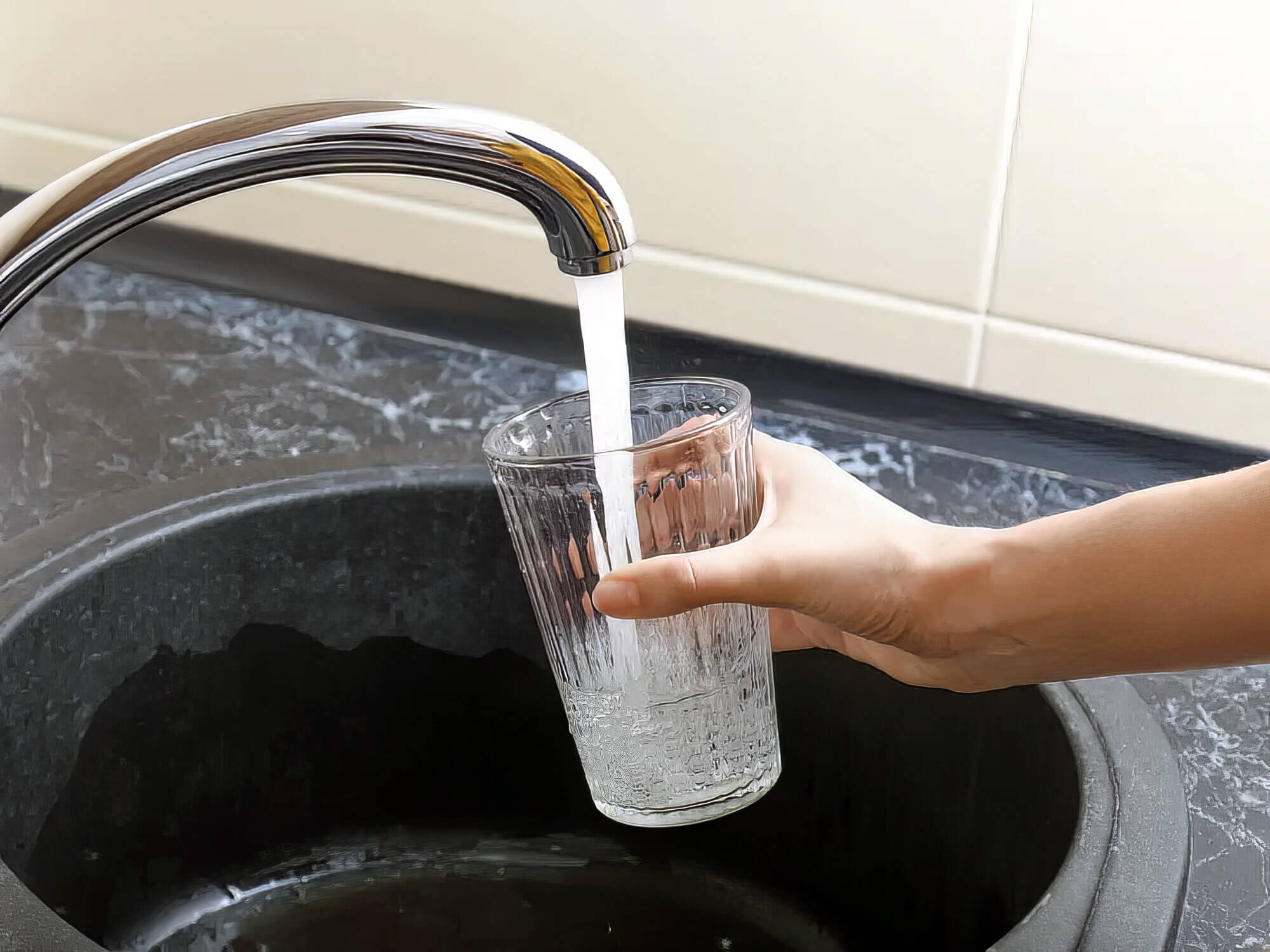
Cleaning the rust stains can help restore water flow, but the formation of rust and accumulation of residues are recurring issues. In the case of hard water, chemicals become ineffective against mineral deposits, leading to rust stains that become increasingly challenging to remove with time.
Another thing to remember is that corrosion in the pipes can result in mould formation and mildew and even cause leakages and further damage. Such issues can result in water damage to your walls, necessitating immediate tap replacement.
However, it is a good idea to get a reliable plumber to inspect and determine what is causing the fall in water pressure before replacing the tap.
3. Stiff Or Damaged Handles
Kitchen taps are frequently used fixtures; if they have aged considerably, they might have worn out from consistent use. If they have been used for over a decade, you may spot wear and tear, such as corrosion, discolouration, or cracking on the tap surfaces.
Such taps not only compromise the aesthetic appeal of your bathroom but also negatively affect the water quality. Old taps tend to become harder to turn, often resulting in a slow leaking tap. When such a situation arises, your water bill will inevitably skyrocket.
4. Strange Noises
When turned on, your taps might produce abnormal sounds, including screeching, indicating that the rubber washers might have hardened or sustained damage. If the loud noises resemble clanking sounds, it can mean that the faucets have cracked. Your local plumber can help you replace your rubber washers.
These noises might also signal a blocked pipeline, indicating that your taps must be replaced, a task that a professional can resolve quickly. If fortunate, the unusual sounds may be caused by a minor issue that a plumber can quickly fix.
5. Damaged Washers
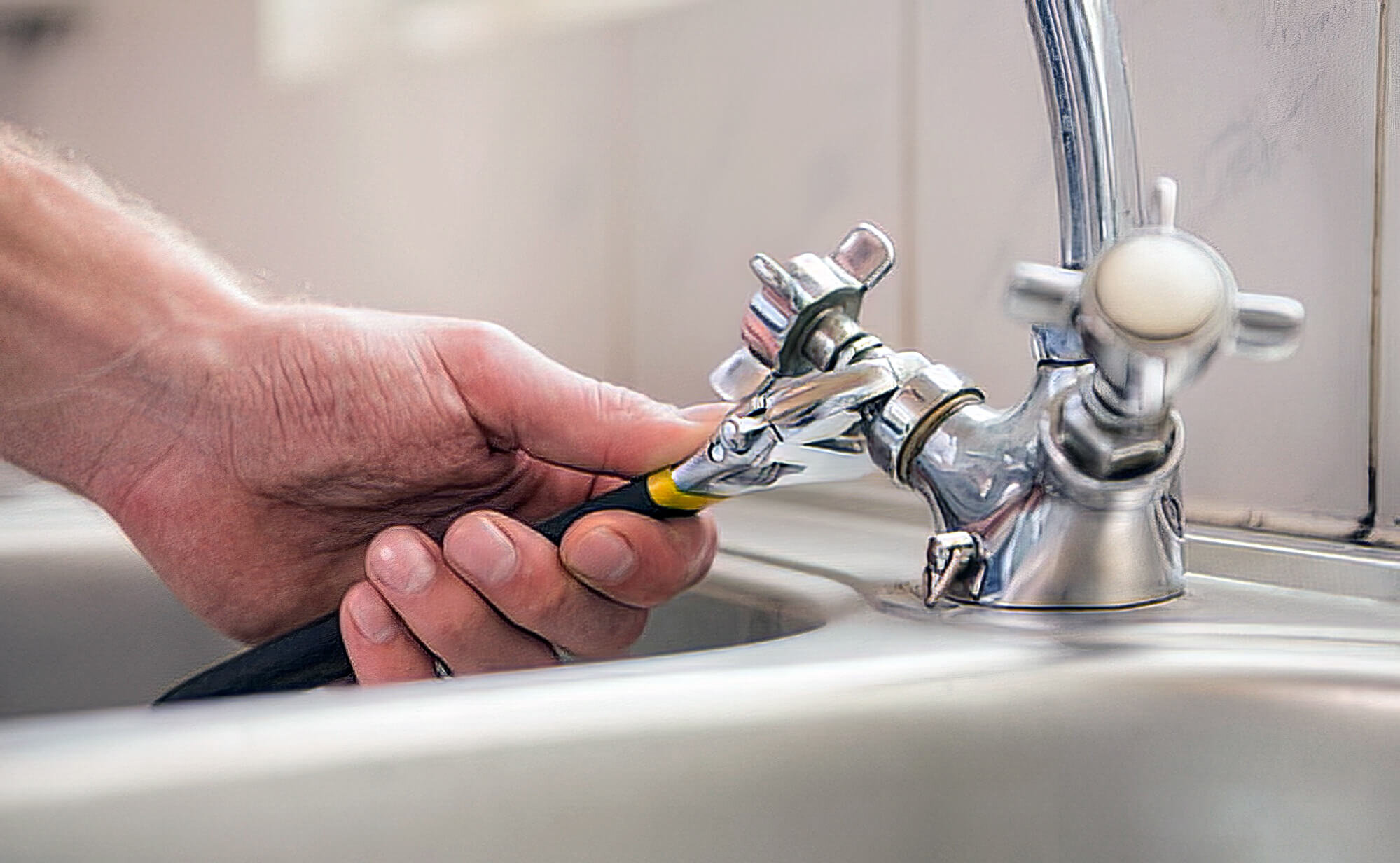
A worn-out washer ring or washer seat can often cause leaking taps, and while you can replace such washers, that will be a temporary fix. Most washers are poor quality, and high-quality ceramic washers are very costly. However, installing a new tap can effectively resolve the problem.
Finding The Right Replacement Tap
Once you’ve decided to change your older taps, it’s time to start shopping for new taps, though selecting the right model involves considering several factors.
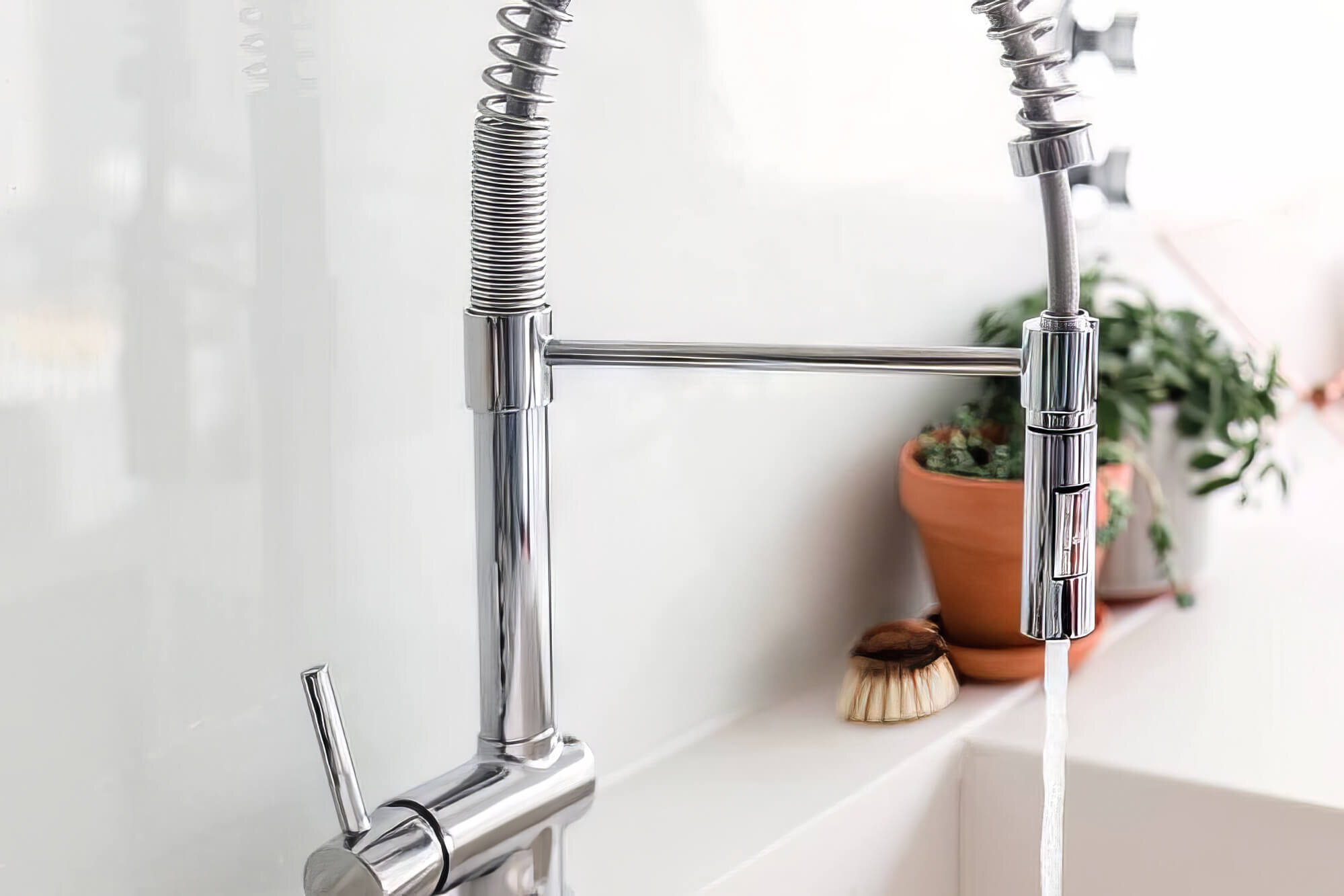
1. Type
The two most popular types of taps are double-handed mixer taps and single-handed taps. Double-handed mixer taps are typically more popular as they simplify temperature adjustment, while single-handed models ensure a steady stream of water.
2. Material
Stainless steel taps and chrome, bronze, and nickel units are highly sought after. Chrome faucets are durable and easy to clean, while bronze taps are more affordable. In contrast, nickel taps are sturdy but tend to attract stains.
3. Functionality
Various taps offer different features, and you must consider your plumbing requirements to make the right choice. For instance, some taps have built-in sensors to stop the water flow, while others have jet sprays.
Do Your Taps Need Replacing? Call Your Local Plumber!
Recognising the need to replace your tap, primarily if you reside in a local area with inconsistent water flow and reduced water pressure, can simplify the management of these issues.
Installing new taps, including removing the old ones, is complex and needs a skilled hand. That’s why it’s best to hire a professional plumber rather than tackling it on your own.
Professional installations, especially ones done by experts in your local area, ensure that the new tap will last longer, mitigating the possibility of facing plumbing issues in the short term. And at Big Blue Plumbing, we provide the installation is speedy and hassle-free.
Our professional plumbing specialists promptly replace kitchen fixtures such as taps and faucets, provide maintenance advice, and even assist you in selecting the most appropriate model. So, don’t hesitate to get in touch with us today!



